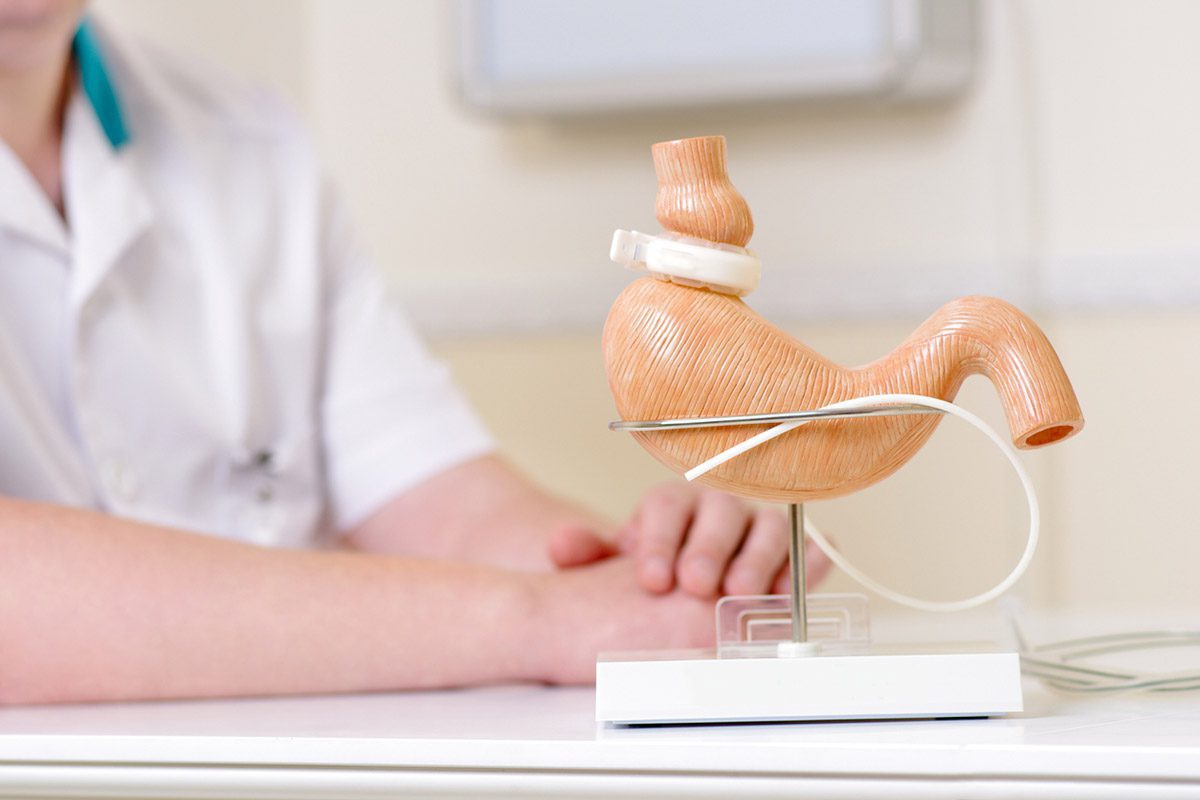A Motivational Interviewing Group to Manage Cardiometabolic Risk on an Inpatient Psychiatry Unit
To the Editor: Patients with severe and persistent mental illness (SMI) have increased risk of death due to cardiovascular disease compared with the general population.1 A sedentary lifestyle is a risk factor for cardiovascular disease2 and is more prevalent in the SMI population.3 Increasing moderate aerobic activity can decrease the risk of cardiovascular events in patients known to be at high risk.4,5 Motivational interviewing has been used in combination with other modalities to increase healthy lifestyle choices among patients without mental illness,6-10 but is understudied in patients with SMI. We report the case of a patient with a favorable response to group motivational interviewing for healthy lifestyle changes in a state hospital setting.
Case report. Mr A, a 31-year-old divorced man, was admitted in 2008 for his fourth psychiatric hospitalization following threats of harm to himself and also fears he would harm others. His depressive symptoms of poor sleep, self-disparagement, dysphoric mood, apathy, diminished interest in most activities, poor concentration, indecisiveness, and recurrent suicidal thoughts were present throughout this admission.
Mr A’s psychiatric history was significant for a hanging attempt and psychotic symptoms over the past 5 years resistant to multiple medication trials and electroconvulsive therapy. His medications at admission included metformin 1,000 mg bid, glyburide 2.5 qam and 5 mg qhs, diltiazem 180 qam, hydrochlorothiazide 25 qam, lisinopril 40 qam, fluoxetine 80 qam, quetiapine 50 tid and 200 qhs, and trazodone 50 qhs. His medical history was significant for type 2 diabetes and sleep apnea requiring continuous positive airway pressure. His weight on admission was 289 lb and his abdominal girth was 49 in.
Mr A attended 12 weekly motivational interviewing-oriented group sessions for patients who had been evaluated as being at high cardiometabolic risk with a focus on behavioral changes that promote and maintain physical health. The group is led by a psychologist and a licensed recreational therapist. Each session begins with a brief goal-setting discussion, followed by a review of prior participants’ progress on their goals. New members are encouraged to reflect on changes in behavior that would have an impact on their health. Ten-point self-rating scales help members clarify the importance of the changes and their confidence in being able to make the changes. At times, cognitive-behavioral interventions are also woven into the discussions, particularly when discussing ambivalence to change and to the obstacles that can interfere with making behavioral changes. The group ends with a review of topics discussed.
Mr A’s participation included setting exercise and weight loss goals at each group session over 12 weeks. He has consistently accomplished his exercise goal of 20-30 minutes of moderate aerobic activity per week for the latter 9 weeks, averaging 60.3 minutes per week and ranging from 85 to 145 minutes.
He has lost approximately 22.2 lb, not only as a result of exercise but also through portion control and following a diet of reduced caloric intake. Mr A has been supportive to other group members and also states he continues to find the group helpful to him in his efforts to pursue a healthier life, emotionally and physically.
He has not been noted to display marked improvement or worsening of his psychiatric symptoms in this time frame.
To the best of our knowledge, this is the first case report describing the successful use of motivational interviewing to increase physical activity in an inpatient with severe mental illness. Both dietary and physical activity changes resulted in the patient’s losing 8% of his baseline body weight.
To be feasible for inpatients, motivational interviewing must be delivered in a group setting, as it was in this case. The SMI population’s high cardiometabolic risk makes group inpatient motivational interviewing an attractive modality to improve lifestyle choices in a cost-effective manner and one that bears further investigation.
References
1. Newcomer JW. Medical risk in patients with bipolar disorder and schizophrenia. J Clin Psychiatry. 2006;67(suppl 9):25-30. PubMed doi:10.4088/JCP.1106e16
2. Apullan FJ, Bourassa MG, Tardif JC, et al. Usefulness of self-reported leisure-time physical activity to predict long-term survival in patients with coronary heart disease. Am J Cardiol. 2008;102(4):375-379. PubMed doi:10.1016/j.amjcard.2008.03.072
3. Lindamer LA, McKibbin C, Norman GJ, et al. Assessment of physical activity in middle-aged and older adults with schizophrenia. Schizophr Res. 2008;104(1-3):294-301. PubMed doi:10.1016/j.schres.2008.04.040
4. Kelley GA, Kelley KS. Efficacy of aerobic exercise on coronary heart disease risk factors. Prev Cardiol. 2008;11(2):71-75. PubMed
5. McCarron RM, Keenan CR. The metabolic syndrome. In: Bermudes RA, Keck PE, McElroy SL, eds. Managing Metabolic Abnormalities in the Psychiatrically Ill: A Clinical Guide for Psychiatrists. Washington, DC: American Psychiatric Publishing; 2007:25-53.
6. Hettema J, Steele J, Miller WR. Motivational interviewing. Annu Rev Clin Psychol. 2005;1(1):91-111. PubMed doi:10.1146/annurev.clinpsy.1.102803.143833
7. Brodie DA, Inoue A. Motivational interviewing to promote physical activity for people with chronic heart failure. J Adv Nurs. 2005;50(5):518-527. PubMed doi:10.1111/j.1365-2648.2005.03422.x
8. Petry NM. A comprehensive guide to the application of contingency management procedures in clinical settings. Drug Alcohol Depend. 2000;58(1-2):9-25. PubMed doi:10.1016/S0376-8716(99)00071-X
9. Carels RA, Darby L, Cacciapaglia HM, et al. Using motivational interviewing as a supplement to obesity treatment: a stepped-care approach. Health Psychol. 2007;26(3):369-374. PubMed doi:10.1037/0278-6133.26.3.369
10. West DS, DiLillo V, Bursac Z, et al. Motivational interviewing improves weight loss in women with type 2 diabetes. Diabetes Care. 2007;30(5):1081-1087. PubMed doi:10.2337/dc06-1966
Author affiliations: Department of Psychology (Dr Shagoury), Department of Recreational Therapy (Ms Currier), and Departments of Psychiatry and Internal Medicine (Dr Fetter), New Hampshire Hospital, Dartmouth Medical School, Concord.
Potential conflicts of interest: There are no sources of conflicts of interest relevant to this letter to the editor.
Funding/support: There are no sources of funding support relevant to this letter to the editor.
Published online: June 17, 2010 (doi:10.4088/PCC.09l00886blu).
Prim Care Companion J Clin Psychiatry 2010;12(3):e1
© Copyright 2010 Physicians Postgraduate Press, Inc.



